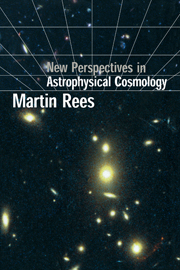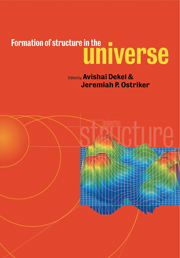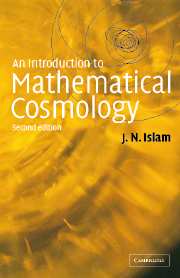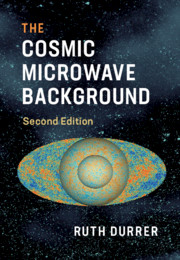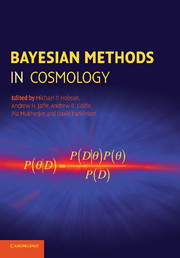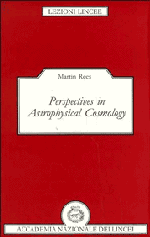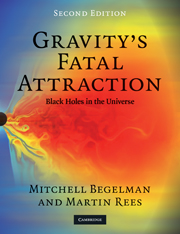New Perspectives in Astrophysical Cosmology
This volume presents a unique and accessible synthesis of our understanding of modern cosmology, written by one of the world's foremost contemporary cosmologists. In recent years, observational cosmology has made remarkable advances, bringing into sharper focus a new set of fundamental questions that Professor Rees addresses in this book. Why is the universe expanding the way it is? What were the 'seeds' that caused galaxies, clusters and superclusters to form? What is the nature of 'dark matter'? What happened in the very early universe? The latest exciting advances and theories are discussed, while maintaining a clear distinction between aspects that now have a firm empirical basis and those that remain speculative. Its wide scope and clear writing will be welcomed by anyone interested in cosmology and extragalactic astrophysics who has a basic grounding in physics, as well as academic researchers and graduate students in the field.
- Broad coverage: 'observational' cosmology as well as the exotic physics of the ultra-early universe
- Accessible to non-specialists with a basic grounding in physics
- Famous author. He is joint winner of the American Institute of Physics science writing prize 1998
Reviews & endorsements
"...remarkable...It synthesizes modern cosmology in a way that no other book or review has recently succeeded in doing." Journal of the Royal Astronomical Society of Canada
"...exceptional book" /s Choice
Product details
March 2002Paperback
9780521645447
168 pages
228 × 154 × 10 mm
0.428kg
36 b/w illus. 2 tables
Available
Table of Contents
- Preface
- 1. The cosmological framework
- 2. Galaxies and dark matter
- 3. Emergence of cosmic structure
- 4. Quasars and their demography
- 5. Some probes and relics of the high-redshift universe
- 6. Some fundamental questions
- References
- Some further reading
- Author index
- Subject index.

